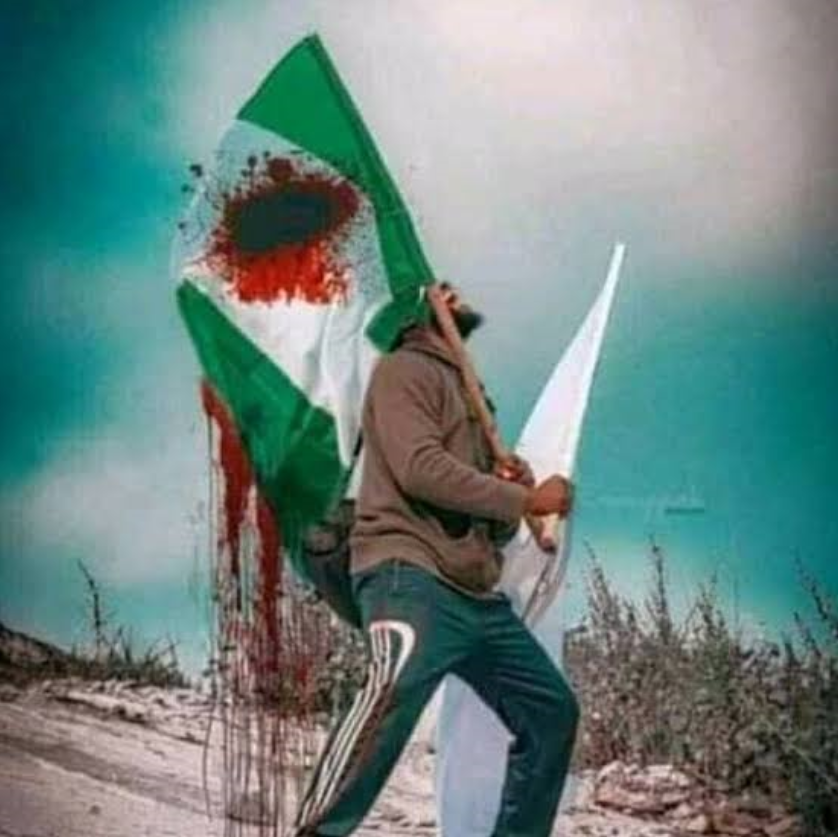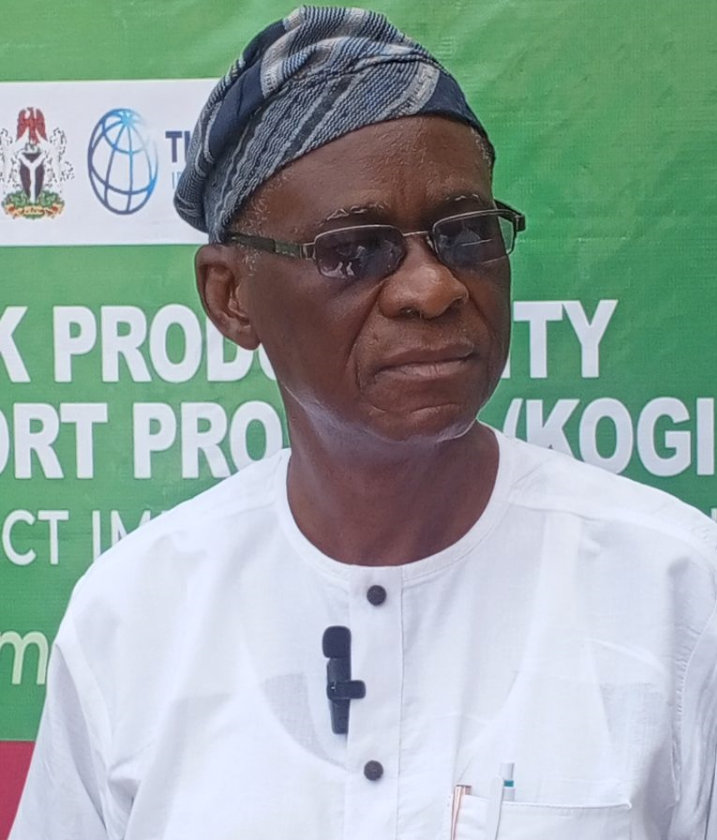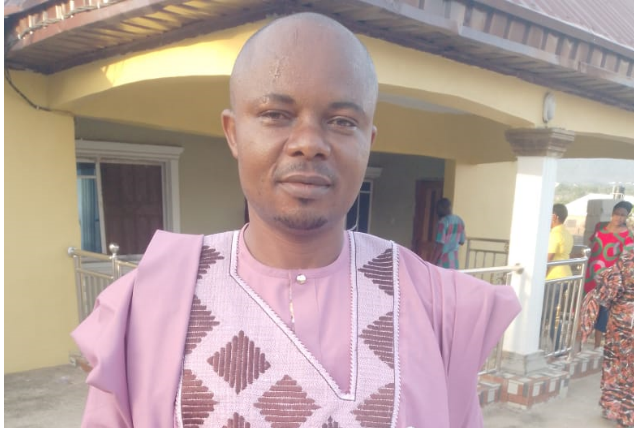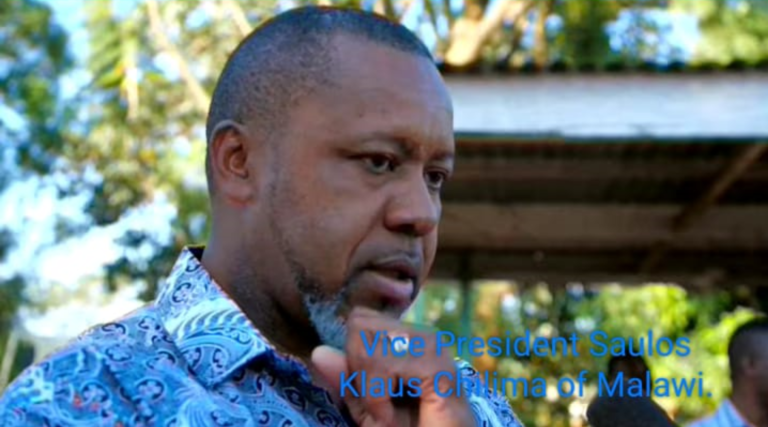The Plague of Violence: Nigeria’s Descent into Chaos

Nigeria, once hailed as the “giant of Africa”, has in recent years become a country defined by rampant violence, lawlessness, and an apparent unwillingness by the government to decisively tackle the crisis.
From the Boko Haram insurgency in the northeast to the scourge of kidnapping and banditry across much of the country, millions of Nigerians live in a state of constant fear, with little hope that their leaders will provide the security and stability they so desperately need.
At the heart of this crisis is the complex web of actors involved – from the foot soldiers of terrorist groups to rogue elements within the security forces, traditional leaders, and even some government officials.
This web of complicity has made the challenge of restoring order all the more difficult, as the entities tasked with protecting the people are in some cases profiting from the very violence they are meant to suppress.
The Boko Haram insurgency, which erupted in 2009, has been the single biggest driver of violence and instability in Nigeria over the past decade.
What began as a localized Islamist movement in the northeast quickly permeated into a ruthless terrorist organization, capable of carrying out mass bombings, assassinations, and horrific attacks on civilians.
The group’s rapid rise can be attributed to a number of factors, not least of which was the Nigerian government’s heavy-handed response to its initial uprising.
The extrajudicial killing of the group’s founder, Muhammad Yusuf, in 2009 at the hands of the police only served to radicalize its members and harden their resolve. In the years that followed, Boko Haram proved adept at exploiting the deep-seated grievances of marginalized communities in the northeast, who felt abandoned by the central government in Abuja.
The group’s success in carving out a sizable territory under its control, was also due to the complicity of some elements within the Nigerian security forces. There have been numerous credible reports of Boko Haram fighters colluding with corrupt soldiers and police officers, who have allowed the group to operate freely in exchange for bribes or other incentives.
This culture of impunity has been a major impediment to the counterinsurgency effort, as the military has at times found itself battling not just Boko Haram, but rogue elements within its own ranks.
The government’s failure to hold accountable those responsible for aiding the terrorists has only served to deepen the sense of betrayal among local populations, many of whom have grown increasingly sympathetic to Boko Haram’s cause.
While the Boko Haram insurgency has garnered the most international attention, the surge of kidnapping and banditry in other parts of the country has become an equally devastating crisis.
From the southern Niger Delta region to the northern states of Zamfara and Katsina, criminal gangs have taken advantage of the security vacuum to terrorize communities, abducting civilians for ransom and carrying out deadly raids on villages.
The involvement of traditional rulers, known as district heads or emirs, in these activities has been a particularly troubling development. In some cases, these influential local leaders have been directly implicated in colluding with the bandits, using their position and authority to facilitate the operations of the criminal gangs. In Zamfara state, for instance, the state government was forced to suspend and arrest several district heads for their alleged ties to the bandits.
The complicity of politicians has also been a major factor fueling the rise of kidnapping and banditry.
There is mounting evidence that some elected officials, from the state to the federal level, have been providing funding, weapons, and political protection to the criminal networks in exchange for a cut of the profits from their illicit activities. This unholy alliance between politicians and bandits has made it exceedingly difficult for law enforcement agencies to effectively dismantle the kidnapping and banditry rings.
The impact of this violence on local communities has been devastating. Entire villages have been abandoned as residents flee the constant threat of abduction, displacement, and death. Farmers have been unable to tend to their fields, leading to severe food shortages and economic devastation. And the trauma inflicted on those who have been kidnapped or witnessed the horrors of these attacks will have lasting psychological consequences.
Fundamentally, all of these challenges is the basic issue of poor governance and a severe breakdown in the social contract between the Nigerian state and its citizens. Years of corruption, mismanagement, and a lack of investment in critical public services have eroded public trust in the government’s ability to provide even the most basic security and economic opportunities.
The failure of successive administrations to address the root causes of the violence – including endemic poverty, lack of education and economic opportunities, and the marginalization of certain regions and ethnic groups – has only served to exacerbate the crisis. Instead, the government’s response has largely been reactive, relying on heavy-handed military interventions that have often resulted in further alienation of local populations.
Moreover, the lack of genuine political will to hold accountable those complicit in the violence, whether they are members of the security forces, traditional rulers, or politicians, has fueled a culture of impunity that has become a major obstacle to restoring order. Without the rule of law and a sense that justice will be served, citizens have little incentive to cooperate with authorities or provide crucial intelligence that could help dismantle the criminal networks.
Addressing the multifaceted challenge of violence in Nigeria will require a comprehensive, multi-pronged approach that goes beyond simply deploying more troops or increasing military spending. It will necessitate a fundamental rethinking of the country’s security architecture, with a greater emphasis on community-based policing, intelligence-gathering, and tackling the root causes of the crisis.
One key step will be to undertake a thorough vetting of the security forces, rooting out the rogue elements that have been colluding with the very groups they are tasked with fighting. This will need to be coupled with improved training, equipment, and morale-boosting measures to ensure that the military and police are able to effectively carry out their duties without succumbing to the temptations of corruption.
Equally important will be the need to address the political dimensions of the crisis, by cracking down on the politicians and traditional leaders who have been fueling the violence for their own gain. This will require a concerted effort to strengthen institutions of accountability, from the judiciary to anti-corruption agencies, to ensure that those responsible for aiding and abetting the criminal networks face the full brunt of the law.
At the same time, the government must invest heavily in programs that address the underlying socioeconomic drivers of the violence, such as poverty, lack of education, and economic marginalization. This will not only help to undermine the appeal of extremist ideologies and criminal enterprises, but also give communities a sense of hope and a stake in the country’s future.
Ultimately, restoring stability and security in Nigeria will require a sustained, whole-of-government approach that prioritizes the needs and concerns of the citizenry over the narrow interests of political elites. Only by rebuilding trust between the state and its people, and demonstrating a genuine commitment to upholding the rule of law, can the country hope to emerge from the abyss of violence that has consumed it for far too long.






